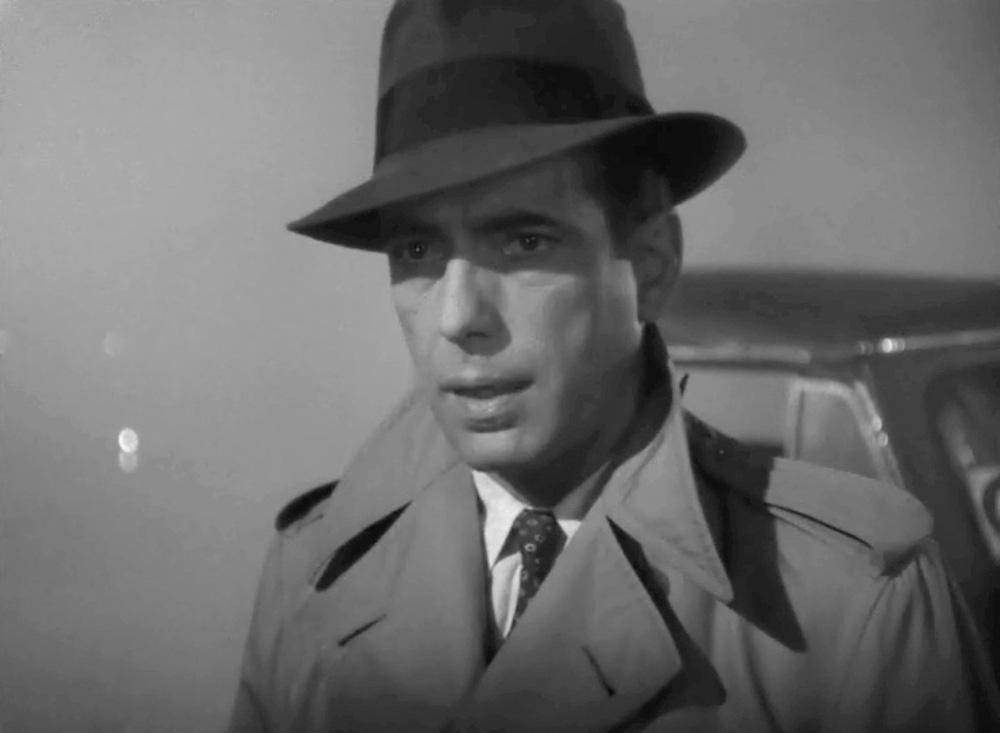The Count of Monte Cristo is one of the most exciting novels ever written and on the other hand is one of the most
badly written novels of all time and in any literature. The book is full of holes. Shameless in repeating the same adjective from one line to the next, incontinent in the accumulation of these same adjectives, capable of opening a sententious digression without managing to close it because the syntax cannot hold up, and panting along in this way for twenty lines, it is mechanical and clumsy in its portrayal of feelings: the characters either quiver, or turn pale, or they wipe away large drops of sweat that run down their brow, they gabble with a voice that no longer has anything human about it, they rise convulsively from a chair and fall back into it, while the author always takes care, obsessively, to repeat that the chair onto which they collapsed again was the same one on which they were sitting a second before.
We are well aware why Dumas did this. Not because he could not write.
The Three Musketeers is slimmer, faster paced, perhaps to the detriment of psychological development, but rattles along wonderfully. Dumas wrote that way for financial reasons; he was paid a certain amount per line and had to spin things out. Not to mention the need—common to all serialized novels, to help inattentive readers catch up on the previous episode—to obsessively repeat things that were already known, so a character may recount an event on page 100, but on page 105 he meets another character and tells him exactly the same story—and in the first three chapters you should see how often Edmond Dantès tells everyone who will listen that he means to marry and that he is happy: fourteen years in the Château d'If are still not enough for a sniveling wimp like him.
Years ago, the Einaudi publishing house invited me to translate
The Count of Monte Cristo. I agreed because I was fascinated by the idea of taking a novel whose narrative structure I admired and whose style I abhorred, and trying to restore that structure in a faster paced, nimbler style, (obviously) without "rewriting," but slimming down the text where it was redundant—and thereby sparing (both publisher and reader) a few hundred pages.
So Dumas wrote for a certain amount per page. But if he had received extra pay for every word saved would he not have been the first to authorize cuts and ellipses?
An example. The original text says:
Danglars arracha machinalement, et l'une après l'autre, les fleurs d'un magnifique oranger; quand il eut fini avec l'oranger, il s'adressa à un cactus, mais alors le cactus, d'un caractère moins facile que l'oranger, le piqua outrageusement.
A literal translation would go like this:
One after another, Danglars mechanically plucked the blossoms from a magnificent orange tree; when he had finished with the orange tree he turned to a cactus, but the cactus, a less easy character than the orange tree, pricked him outrageously.
Without taking anything away from the honest sarcasm that pervades the excerpt, the translation could easily read:
One after another, he mechanically plucked the blossoms from a magnificent orange tree; when he had finished he turned to a cactus but it, being a more difficult character, pricked him outrageously.
This makes thirty-two words in English, in contrast to forty-two in French. A savings of roughly 25 percent.
Or take expressions such as
comme pour le prier de le tirer de l'embarras où il se trouvait (as if to beg him to get him out of the difficulty he found himself in). It is obvious that the difficulty someone wants to get out of is the difficulty he actually finds himself in and not another, and it would suffice to say, "as if to beg him to get him out of difficulty." More words saved.
I tried, for a hundred pages or so. Then I gave up because I began to wonder if even the wordiness, the slovenliness, and the redundancies were not part of the narrative apparatus. Would we have loved
The Count of Monte Cristo as much as we did if we had not read it the first few times in its nineteenth-century translations?
Let's go back to the initial statement.
The Count of Monte Cristo is one of the most exciting novels ever written. With one shot (or with a volley of shots, in a long-range bombardment), Dumas manages to pack into one novel three archetypal situations capable of tugging at the heartstrings of even an executioner: innocence betrayed, the persecuted victim's acquisition—through a stroke of luck—of a colossal fortune that places him above common mortals, and finally, the strategy of a vendetta resulting in the death of characters that the novelist has desperately contrived to appear hateful beyond all reasonable limits.
On this framework there unfolds the portrait of French society during the "Hundred Days" and later during Louis Philippe's reign, with its dandies, bankers, corrupt magistrates, adulteresses, marriage contracts, parliamentary sessions, international relations, state conspiracies, the optical telegraph, letters of credit, the avaricious and shameless calculations of compound interest and dividends, discount rates, currencies and exchange rates, lunches, dances, and funerals—and all of this dominated by the principal topos of the feuilleton, the superman. But unlike all the other artisans who have attempted this classic locus of the popular novel, the Dumas of the superman attempts a disconnected and breathless state of mind, showing his hero torn between the dizziness of omnipotence (owing to his money and knowledge) and terror at his own privileged role, tormented by doubt and reassured by the knowledge that his omnipotence arises from suffering. Hence, a new archetype grafted on to the others, the Count of Monte Cristo (the power of names) is also a Christ figure, and a duly diabolical one, who is cast into the tomb of the Château d'If, a sacrificial victim of human evil, only to arise from it to judge the living and the dead, amid the splendor of a treasure rediscovered after centuries, without ever forgetting that he is a son of man. You can be blasé or critically shrewd, and know a lot about intertextual pitfalls, but still you are drawn into the game, as in a Verdi melodrama. By dint of excess, melodrama and kitsch verge on the sublime, while excess tips over into genius.
There is certainly redundancy, at every step. But could we enjoy the revelations, the series of discoveries through which Edmond Dantès reveals himself to his enemies (and we tremble every time, even though we already know everything), were it not for the intervention, precisely as a literary artifice, of the redundancy and the spasmodic delay that precedes the dramatic turn of events?
If
The Count of Monte Cristo were condensed, if the conviction, the escape, the discovery of the treasure, the reappearance in Paris, the vendetta, or rather the chain of vendettas, had all happened within two or three hundred pages, would the novel still have an effect—would it pull us along even in those parts where the tension makes us skip pages and descriptions? (We skip them, but we know they are there, we speed up subjectively but knowing that narrative time is objectively dilated.) It turns out that the horrible stylistic excesses are indeed "padding," but the padding has a structural value; like the graphite rods in nuclear reactors, it slows down the pace to make our expectations more excruciating, our predictions more reckless. Dumas's novel is a machine that prolongs the agony, where what counts is not the quality of the death throes but their duration.
This novel is highly reprehensible from the standpoint of literary style and, if you will, from that of aesthetics. But
The Count of Monte Cristo is not intended to be art. Its intentions are mythopoeic. Its aim is to create a myth.









